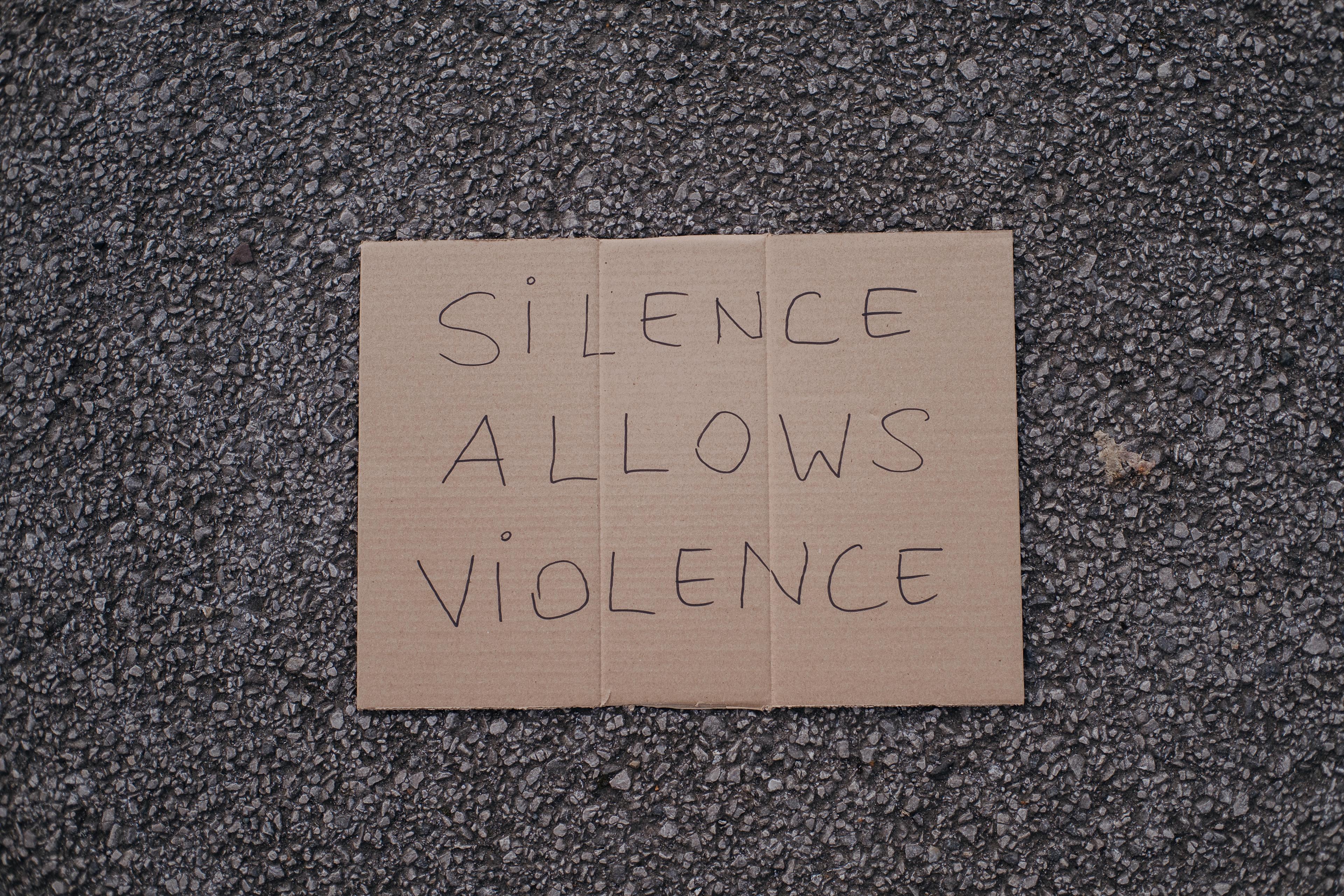Women and Conflict in Africa
By Zindi Anthony Levi
October 2, 20224 minuties read
Unprecedented issues surrounding gender inequality continue to face critical attention in academia and policy development. This menace will not stop anytime soon, therefore, I can no longer remain close-mouthed. Gone are the days when war and violence were the primary focus, but over the years even in the midst of relative peace and tranquility, implications of gender disparity are still not uncommon. Some of these injustices continue unabated, such that we witness series of forced marriages, rape cases, sexism, etc. All these instances contribute to the struggle of women participation in the socio-economic development of nations, most especially, in the African continent. Consequently, it is quite fundamental to look into this issue bringing on board, its pertinent dimensions - psychological, social, economic, political and physical challenges women face. Although international organizations, Civil Society Groups (CSGs), Non-Governmental Organizations (NGOs) and Governments around the world have initiated actions over the years to create international platforms for discussion, have enacted laws, and passed resolutions, yet we need to ask these questions. Are they serving the realities of our day and age in relation to gender equality? Are the women in the remotest of villages beneficiaries? Is African culture and tradition giving space for women’s growth? It may be very hard to answer some of these questions because reporting issues on gender-based violence, female genital mutilation (FGM), rape, early marriage, etc., comes with a heavy price. This confonting situation is likely to continue because of inadequate research and resources. In addition, most of the institutions under whose domain such issues are to be handled, are mainly dominated by men who seem to lack the technical skills and capacity to address these predicaments of women and the girl child. Theories like the Just war theory is geared towards justifying the act of war. This, I will continue to argue, leads the crusade and activism that will never be just! Women continue to be used as tools of warfare through physical abuse, torture and rape. Human rights commissions seek justice for these victims by prosecuting perpetrators. Nonetheless, this may never be a healing mechanism for victims. In the context of the Gambian experience, sexual- and gender-based violence is prohibited but it's existence is still common. There exist the Sexual Offences Act, which criminalises every form of sexual assault, exploitation and harassment. Such a legislation rewrites the legal procedure and laws in relation with cases on trial, such as rape and other sexual offences. The Act deals with some of the drawbacks that have obstructed the trial of rape and other sexual offences in history. This Act widens the description of sexual assault and other misconducts, to include occurrences where the survivor is compelled into the sexual acts and incorporates perpetrators who would have fled the penalty prior to the modifications of this law. Even though, stories continue to unfold, the reality is that, some women condone violence as a habit of life, and either do less or care less about it. This culture of silence and indifference needs much to be desired. We need more dialogue and social interventions on this matter. Interestingly, women continue to be the world’s largest victims of situations, and they seem to be the hardest hit during pandemics, conflicts, education crisis, deprivation, etc. Be that as it may, they still strive to surpass these bad experiences. The world needs to act, and act quickly. Some of the measures which need to be taken to tackle the issue head-on include, creating and broadening awareness among citizens, sensitization of women themselves, legal redress, counselling and meting out punitive sanctions to offenders. We are sitting on a time bomb, and violence against women is one such bomb!
Share on
